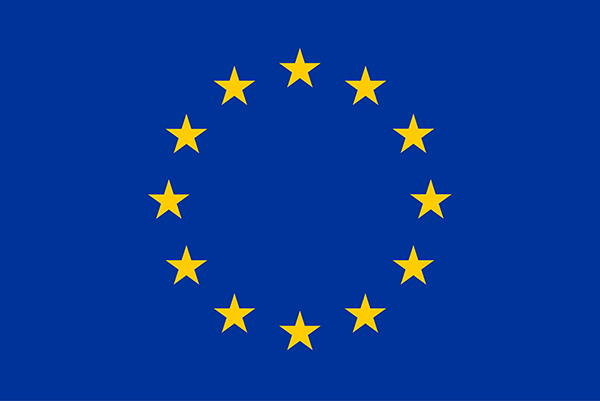The project “Refugees in the global economy: situation, role, and implications: the case of Syrian refugee workers in the export industry in Istanbul (FMGESI)¨ examines the employment conditions of refugee workers both to understand their role in the global economy as well as how these conditions impact their everyday life. These are the central issues of this research.
This understanding not only fills a gap in sociological literature in migration studies but is also necessary for society in general: understanding refugees’ subjectivities helps to challenge the prevalent view of refugees as damaged and traumatized people who only receive aid or exploit the social security system. Furthermore, it brings refugees’ voices to the foreground, which otherwise are only ‘nominally’ considered. Importantly, it helps to communicate the suffering of refugees and workers in the informal economy (especially in the countries of the Global South where production is concentrated and relatively little research on refugees has been done in comparison with countries of the Global North). This contributes to a push for greater commitment towards appreciating their issues as refugees or workers. At the same time this sheds light on the dangers of the currently culture of consumption. Therefore, this research provides policymakers with more effective recommendations towards planning for refugees’ social and economic integration into their host countries.
Objectives of this Marie Skłodowska Curie Action (MSCA) have been to (1) Analyze both the working conditions and the labor market of the textile industry in Istanbul as well as the presence of Syrian refugees in the occupational structure of these companies. (2) Understand the perceptions of refugee workers in the textile industry regarding their living conditions. (3) Study their socio-spatial interactions inside and outside of the workplace. (4) Investigate their future expectations and plans.
This research focuses on the experience of refugee workers using methodologies based mainly on their views. The results of the research provide valuable and innovative information toward understanding refugee workers’ conditions in the garment industry in general in the countries of the Global South, especially those of Syrian refugee workers in Turkey. This research provides a better understanding of conditions of the most marginalized refugee groups (women and children), which are usually invisible Because these groups are otherwise studied as a category among refugees, immigrants, or workers, they are usually invisible.
As a whole, this research presents a rich opportunity for all who are interested in or working on migration issues, i.e. scientists, politicians, NGOs, European diplomats or Euro-parliamentarians, business and labor unions, etc., and even those interested in environmental issues. All can benefit from its results, since it raises awareness of the dangers of the prevailing consumer culture and industrial relocation: both have negative effects on working conditions as well as the environment. This research will allow them to make better plans for intervention while considering the specific needs of these vulnerable refugee groups. This applies especially for those projects and programs aimed to fight labor exploitation, child labor, female labor, environmental sustainability, and the integration of refugees in countries of the Global South .
Project Information
FMGESI
Grant agreement ID: 841144
Closed project
Start date1 October 2019
End date15 December 2022
Funded under
- EXCELLENT SCIENCE – Marie Skłodowska-Curie Actions
Total cost€ 160 932,48
EU contribution€ 160 932,48
Coordinated by
UNIVERSIDAD DE GRANADA
